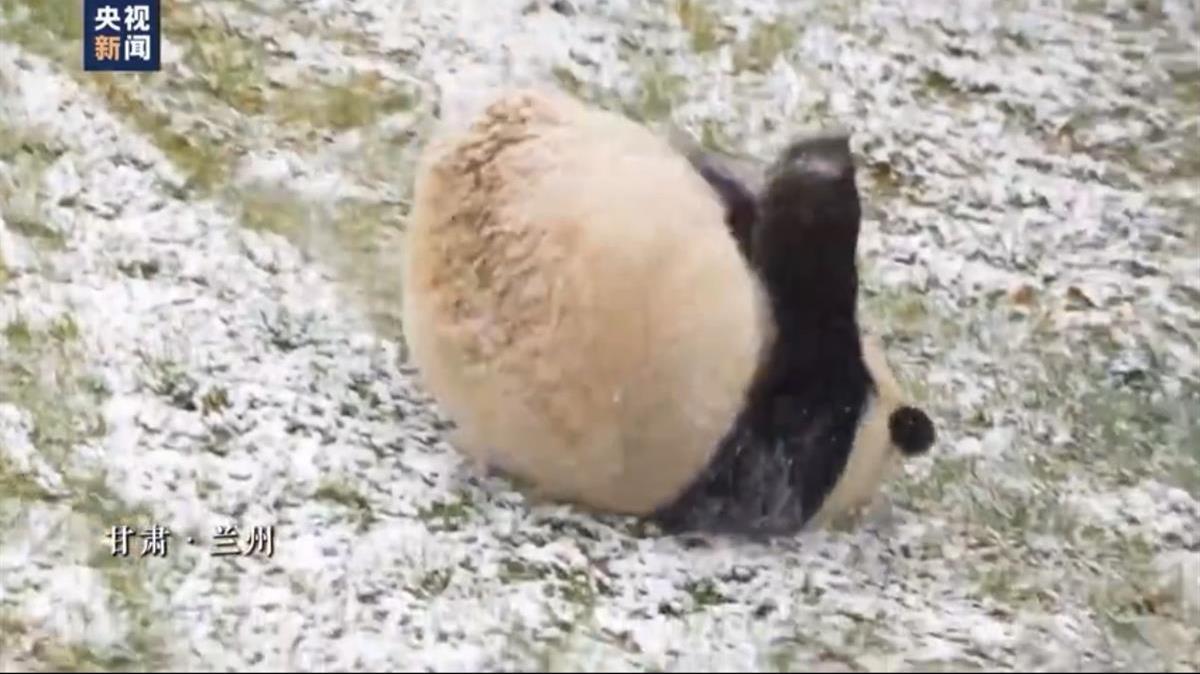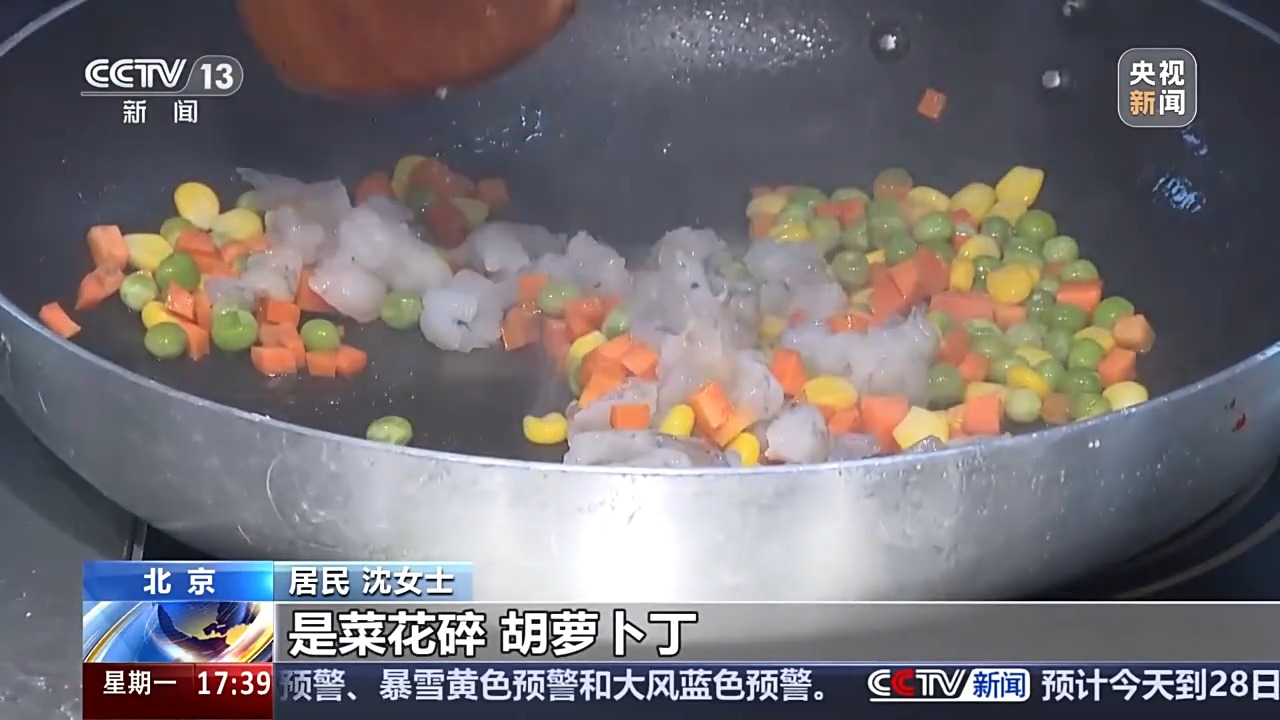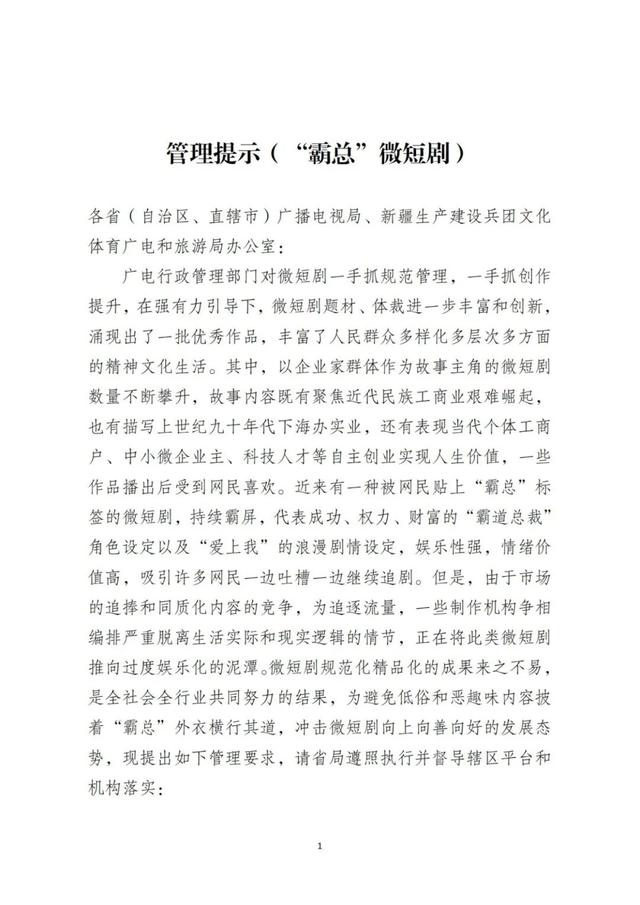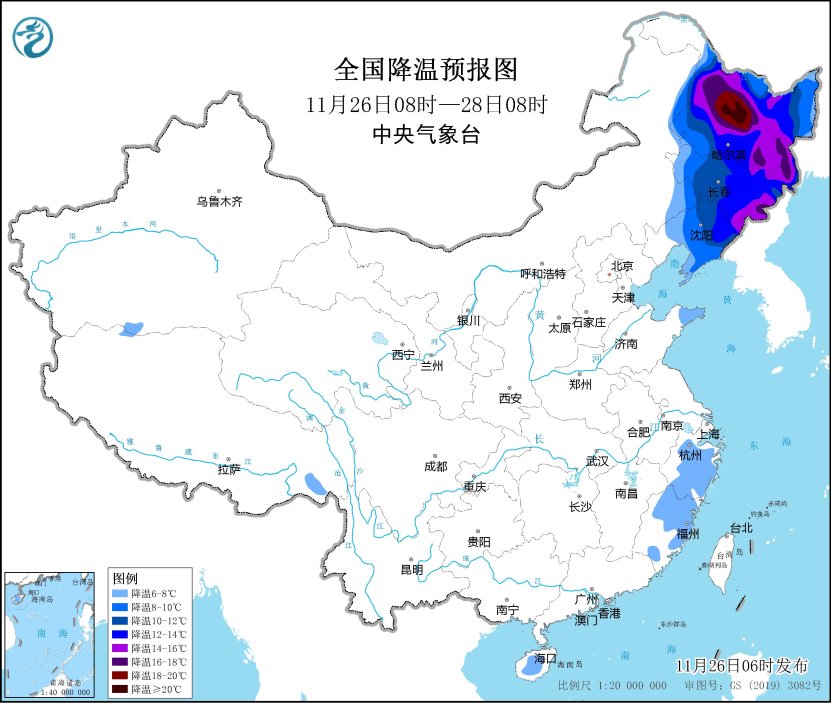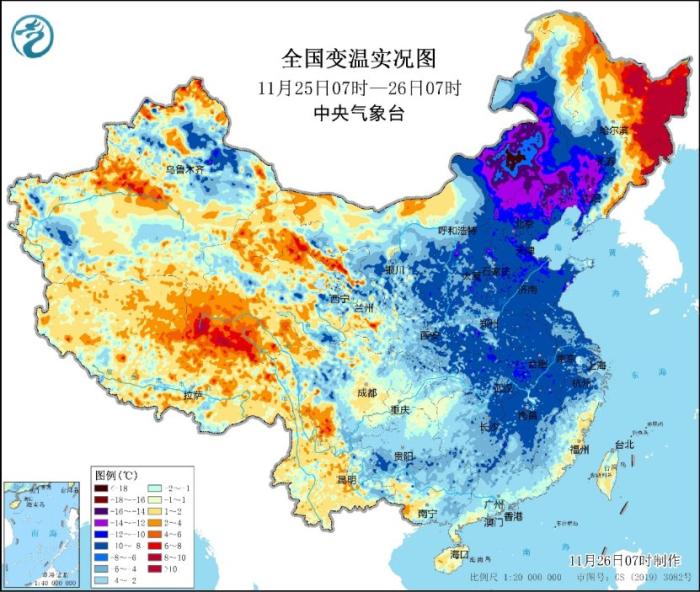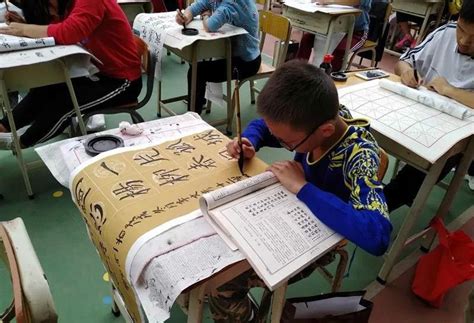Title: Reciting English Poems for Qingming Festival
Introduction:
Qingming Festival, also known as TombSweeping Day, is a traditional Chinese festival that falls on April 4th or 5th of each year. It is a time for people to pay tribute to their ancestors, clean their graves, and enjoy nature. To honor this special occasion, reciting English poems about Qingming Festival can be a unique way to express respect and appreciation for Chinese culture. Let's explore a selection of English poems suitable for recitation during Qingming Festival.
Poem 1: "In Qingming I Wander" by Du Mu
In Qingming I wander along the river's course,
Hillsides in the distance stretch further and further.
Grass and trees are verdant, the weather fine,
With silk clothes bright and shiny, horses agile and powerful.
The tunes of the Han palace drift from afar,
A gushing stream splits like a dragon.
From the ancestral tomb to the bustling city,
Everywhere I see joyous people.
With the warmth of spring and pleasures to be found,
How can I suppress my boundless sorrow?
Interpretation:
This poem by Du Mu, a famous Tang Dynasty poet, captures the beauty and melancholy of Qingming Festival. It describes the poet's journey during Qingming, enjoying the scenic landscape and observing the joyful activities of others. However, deep in his heart, there is an undercurrent of sorrow for lost loved ones. The recitation of this poem can evoke a sense of nostalgia while appreciating the beauty of nature.
Poem 2: "Qingming" by Wang Wei
Spring on the river and the moon on the hill,
Ghostly willow branches sway in the wind.
Beyond the city, the mountains stretch far,
As dusk descends, birds return to their nests.
Green grass spreads on the plain,
Touched by the setting sun's golden beams.
A fisherman with a straw cape, leisurely rows,
And smoke lingers from a cooking stove.
Spare no effort in preserving this tranquil moment,
For life is but a fleeting dream.
Interpretation:
Written by Wang Wei during the Tang Dynasty, this poem portrays the peacefulness and serenity of Qingming Festival. The poet describes the idyllic scenery, with the river, hills, and willow branches swaying in the breeze. It emphasizes the importance of cherishing transient moments of tranquility. Reciting this poem can evoke a sense of calmness and appreciation for the simplicity of life.
Poem 3: "Spring View" by Su Shi
A hundred flowers bloom and birds sing in chorus,
Thousands of families set off to the countryside for outings.
The riverbanks are filled with colorful garments,
And the air is filled with an abundance of laughter.
Couples walk hand in hand,
And children run with wide smiles.
Everyone enjoys the delights of spring,
As life rejuvenates with the changing seasons.
Oh, how I wish I could preserve this view forever,
But alas, time passes like flowing water.
Interpretation:
Su Shi, a renowned poet from the Song Dynasty, captures the festive atmosphere and joyous spirit of Qingming Festival in this poem. It portrays the scenes of blooming flowers, singing birds, and families embracing the arrival of spring. The poet expresses a desire to make this moment last forever but acknowledges the transient nature of time. Reciting this poem can invoke a sense of celebration, gratitude, and the realization of the impermanence of life.
Conclusion:

Poetry provides a beautiful and expressive way to commemorate Qingming Festival, with its themes of remembrance, appreciation for nature, and reflection on the passage of time. By reciting English poems about Qingming Festival, we can deepen our understanding of Chinese culture and pay tribute to our ancestors. Let these poems serve as a reminder to cherish the present moment and the beauty that surrounds us.


